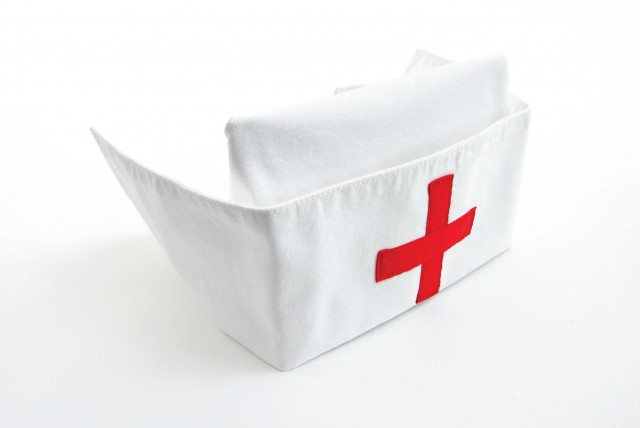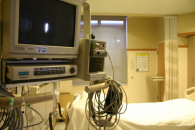No headway in Imanae Malik case
PMDC says it lacks authority to act against private hospitals.

The three-year-old was taken to the hospital on November 29, 2009, with minor burns on her arm. The doctor who treated her gave her the wrong injection and she died shortly after, according to her father Aqeel Malik. Talking to The Express Tribune, Aqeel Malik said his wife had now gone and settled in England where she was raising their six-month-old daughter, also named Imanae. Since his daughter’s death in November 2009, he said, he had remained in Lahore to follow up on the cases.
Barrister Azhar Siddique, Malik’s counsel, said the case was pending both in the Supreme Court and a sessions court. “The judicial magistrate conducting an inquiry into the matter is yet to decide the section under which the case is to be prosecuted,” he said. He said he had filed a complaint under the Criminal Procedures Code (CrPC). He added he had registered another complaint with a sessions judge to summon the accused doctor in the inquiry, but the prayer was denied.
Siddique said that two inquiries – one conducted on the chief minister’s directive and another on the Lahore High Court’s order– had held the hospital responsible in the case.
A Doctors’ Hospital official refused to comment, saying that the case was sub judice. He said a settlement was offered to the family but he was not sure if it was accepted or not.
Aqeel Malik said he was offered Rs5 million, later raised to Rs50 million, to settle the matter out of court.
He added that he rejected the offer because he wanted to set a precedent.
He said there were some improvements taking place following the incident. He said the Punjab Assembly had adopted healthcare reform bills. (The Punjab Healthcare Act of 2010 was passed by the assembly on July 23, 2010).
Malik said negligence cases had been happening and going unreported because patients were unaware of their rights. “There is no clarity in laws or regulations regarding malpractice,” he said.
He added that he planned to set up a welfare trust to deal with medical negligence cases. “What inspires me now is not only justice for my child but also spreading awareness about our healthcare sector,” he said.
Talking to The Express Tribune, Pakistan Medical and Dental Council assistant director Dr Nadeem Akbar said an inquiry was underway in the case and was in the final stages. “We’re waiting for the court decision to proceed,” he said, “The PMDC can take action only in professional negligence cases.”
The PMDC assistant director said the Pakistan Registration of Medical and Dental Regulations of 2008 had provisions on medical malpractice. Asked if the regulation were updated after the Imanae case, he said that these were comprehensive and did not need any amendments.
He said the PMDC was responsible for registering medical practitioners and did not have the authority to take action against private hospitals.
Ahmed Rafay Alam, a lawyer who brought up the Imanae case at one of his law classes at the Lahore University of Management Sciences, said that the case could have far-reaching impact.
He said that it was unfortunate that the accused doctor was still at large when a case involving him was underway. “Sadly, Pakistan does not have effective jurisprudence on medical negligence. The time and effort spent in pursuing a claim in court often discourages people to take such matters to courts,” he said.
Dr Imran Haq, a Lahore-based surgeon, said the case had had a significant impact on the way doctors take their profession. “They have come to realise that there can be ramification for their actions,” he said.
Media Coverage
“Through the extensive media coverage, for the first time in the country’s history people were able to raise their voices against the shortcomings of the healthcare sector,” said Aqeel Malik.
He said a few news channels seemed to support the hospital but the majority supported him and helped him fight the “injustice”.
Lawyer Rafay Alam said the media coverage of Imanae case was very important in bringing the problems in the health sector to the limelight. But, he added, in this case the media took the accused doctors and the hospital to task before the matter was even heard in the court. Kamran Shahid, a TV anchor, said electronic media took up the Imanae case very passionately. “There was an overwhelming feeling that we were taking up a just cause regardless of whether the coverage got its desired results,” he said.
Published in The Express Tribune, February 5th, 2011.



















COMMENTS
Comments are moderated and generally will be posted if they are on-topic and not abusive.
For more information, please see our Comments FAQ